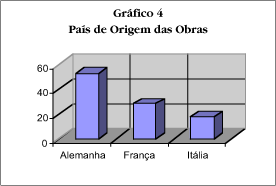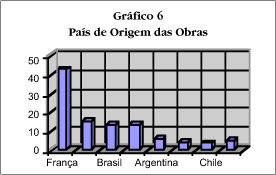The article focuses on the history of juridical ideas concerning the question of power and discipline within the family as a key institution for the general practices of control and social discipline in the passage towards modernity. It analyses mainly the juridical-political ideas around the debates dating from the end of the 17th century in Portugal and also in the context of the Brazilian political emancipation (1822) when it became public the intention of creating a modern civil and criminal code. This piece of work contemplates, firstly, the process of circulation of the ideas from the Enlightenment in the law field, taking the relationship center-periphery as an underlined assumption concerning where these ideas were produced. Secondly, it focuses on the patria potestas and the ideological factors for the woman, children and family situation, as well as the discussion on civil marriage present in the process of secularization and modernization in Portugal and Brazil. The conclusion is that the delay on the modifications of the civil law in Brazil is due to the difficulties faced by the reformers from the juridical field in articulating the restrictions that the modern vision of the rights of the person (full of individualism as influence of the French civil law) imposed to the patria postestas attitude in the country, which, in its turn, was based on a pre-modern conception combined with a conservative and clerical affection upon authority in the family.
Political thought; Juridical ideas; The Enlightenment; Patria potestas; Authority in the family












